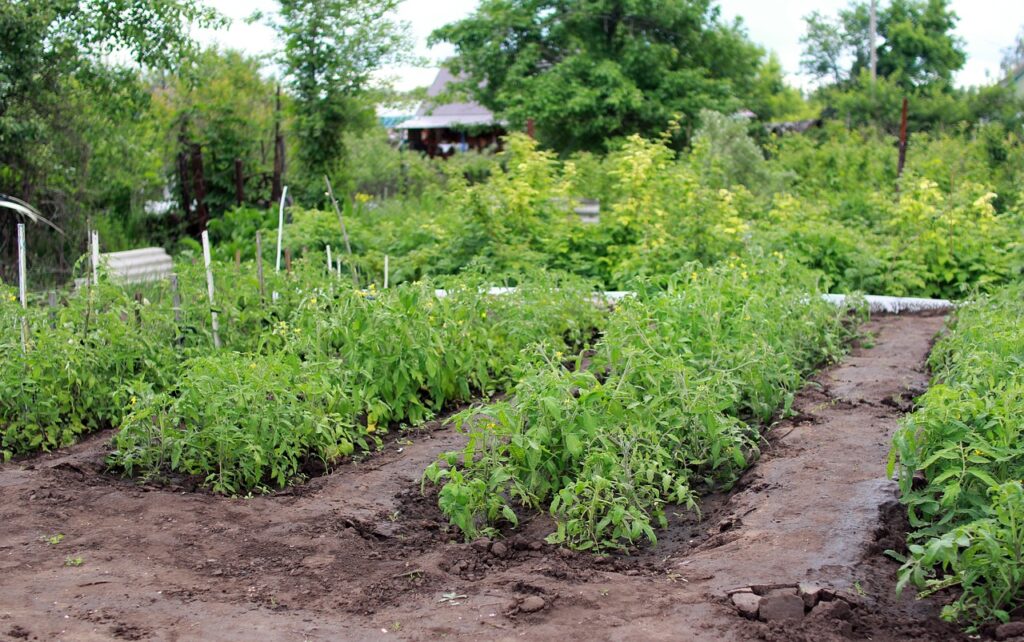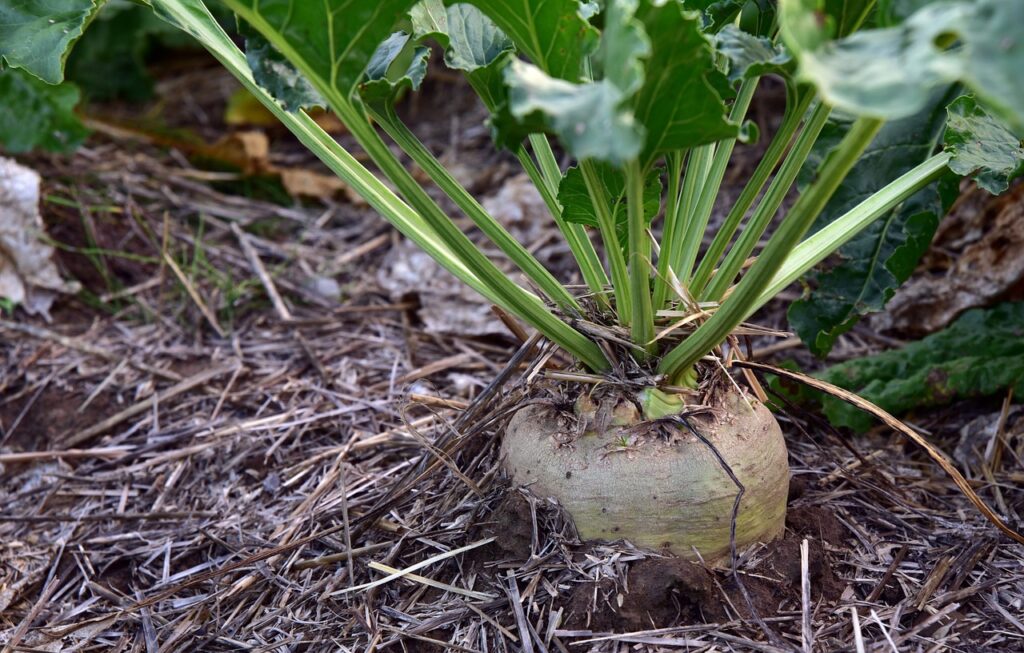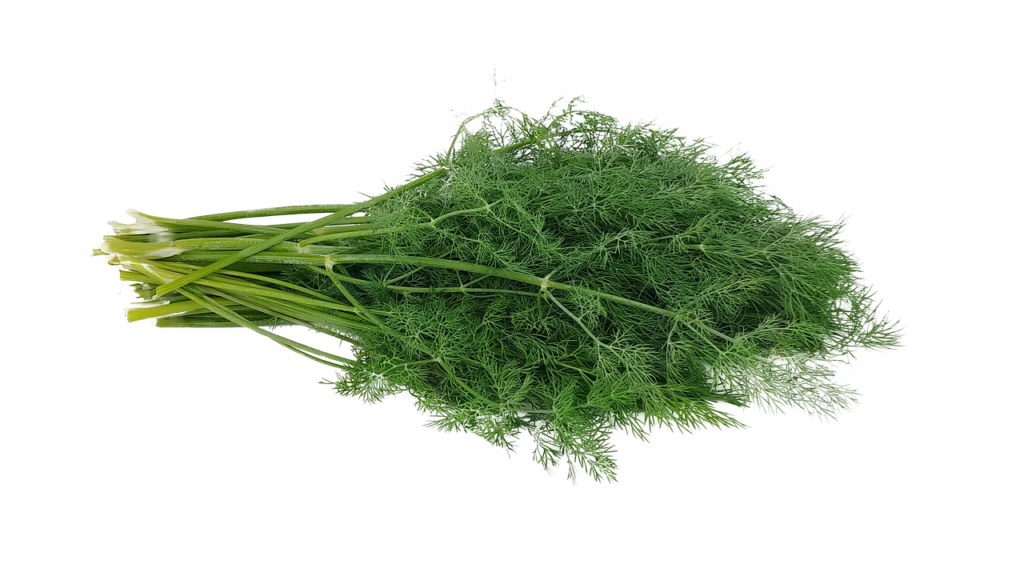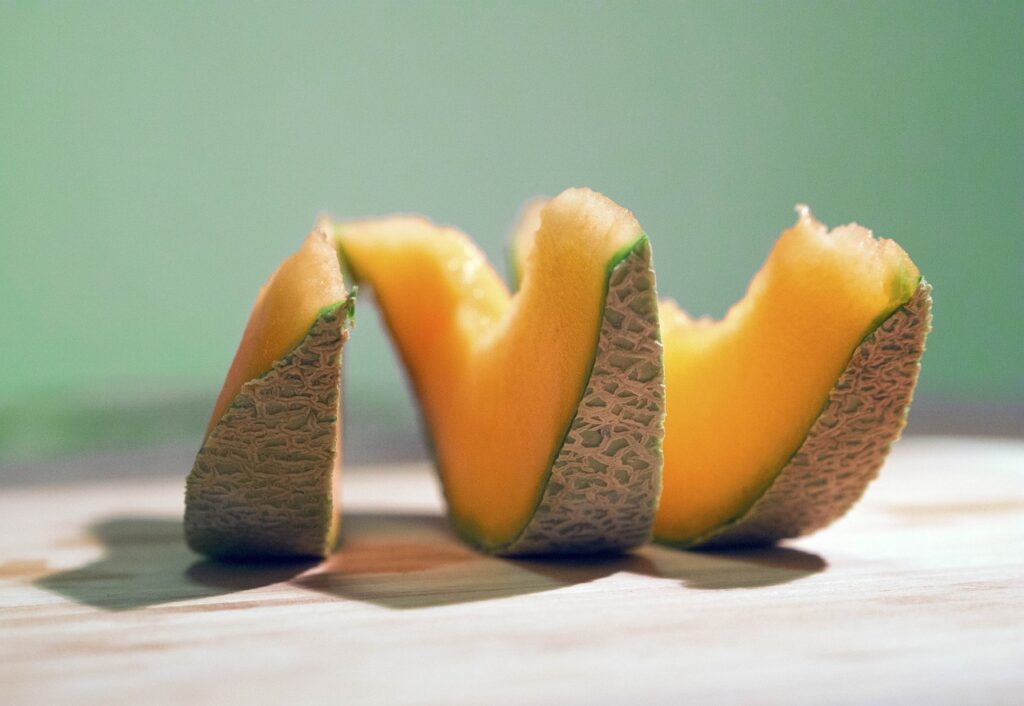Vegetable gardening is a growing and popular hobby. However, pests like aphids, mites, and worms can quickly damage and destroy your precious vegetable crops. To keep your garden healthy and thriving, it’s essential to use an effective insecticide. Choosing the best insecticide for vegetable gardens can be overwhelming, as there are so many options available on the market. Add this with the best organic compost for vegetable gardens and you are on the right path to success. In this comprehensive guide, we’ll go over the different types of insecticides and their effectiveness, plus offer tips on choosing the best one for your gardening needs.
Types of Insecticides
As an Amazon and ebay Affiliate we may earn a commission off any purchases made through our links. This won’t affect the price you pay.
1. Chemical Insecticides: Chemical insecticides are the most common type of insecticide used by gardeners. They are designed to kill insects by interacting with their nervous system and other essential organs. Chemical insecticides are available in different forms, such as sprays, dusts, and granules.
One of the most effective chemical insecticides is pyrethroid. Pyrethroids are synthetic versions of pyrethrins, which are natural insecticides produced by the chrysanthemum flower. They work by paralyzing insects’ nervous systems, resulting in quick death.
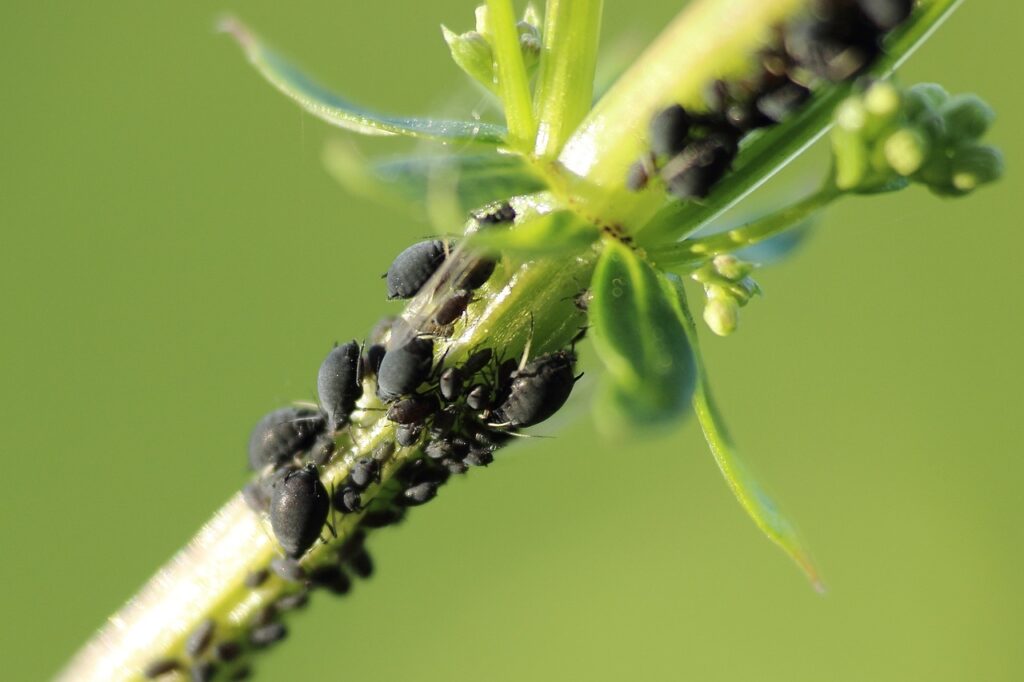
2. Biological Insecticides: Biological insecticides involve using living organisms to control pest populations in your garden. They are safe for the environment, humans, and animals. They are effective against pests like aphids, mites, and worms.
One of the most popular biological insecticides is Bacillus thuringiensis (Bt). Bt is a naturally occurring bacterium found in soil, and it produces proteins that are toxic to certain insects. When consumed by pests, the proteins kill them by damaging their gut lining.
3. Organic Insecticides: Organic insecticides are derived from natural sources, such as plants or minerals. They are considered safe for the environment, humans, and animals. They are effective against pests like aphids, mites, and worms.
One of the most well-known organic insecticides is neem oil. Neem oil is derived from the neem tree and contains compounds that repel and kill pests. It works by disrupting the insect’s hormonal system, making it difficult for them to survive.

Effectiveness of Insecticides:
When choosing an insecticide for your vegetable garden, it’s essential to consider its effectiveness. Different insecticides may be more effective against certain pests than others.
Chemical
Chemical insecticides are one of the most popular types of insecticides used in vegetable gardens. They are designed to kill insects by interfering with their nervous system and other vital organs, which ultimately results in their death. While chemical insecticides can be effective at eliminating pests that can damage and destroy vegetable crops, they also come with pros and cons.
Pros of Chemical Insecticides
1. Wide Spectrum of Control: Chemical insecticides are effective against a wide range of pests. They can be used to control insects like beetles, caterpillars, aphids, and mites, which can cause significant damage to vegetable crops.
2. Quick Action: Chemical insecticides can provide quick and effective action against pests. When applied correctly, they can rapidly eliminate the pests and prevent them from causing further damage to the plants.
3. Ease of Use: Chemical insecticides are easy to apply and are available in different forms, including sprays, dust, and granules. This makes them convenient for gardeners who want to quickly eradicate pests and protect their vegetable crops.
4. Cost-Effective: Chemical insecticides are generally cost-effective when compared to other types of insecticides. As a result, they are a popular choice among gardeners looking for an affordable solution to pest infestations.

Cons of Chemical Insecticides
1. Environmental Hazards: Chemical insecticides can have a significant environmental impact. When chemical insecticides are used, they can infiltrate the soil, groundwater, and surface water, causing harm to non-targeted insects and wildlife. Additionally, they can also kill beneficial insects like bees, spider mites, and ladybugs, leading to an unbalanced ecosystem.
2. Health Risks: Chemical insecticides are toxic and potentially harmful to humans and pets. When used improperly, they can have severe adverse effects on health, including respiratory problems, vomiting, and skin irritations. Proper precautions need to be taken when using chemical insecticides, such as wearing protective clothing, gloves, and masks.
3. Resistance: Repeated use of chemical insecticides can result in pest resistance, where the pests adapt and become immune to the chemicals. When this happens, the effectiveness of the insecticide diminishes, requiring gardeners to use larger doses or switch to another insecticide.
4. Harmful to Plants: Some chemical insecticides can also be harmful to plants. An overdose of an insecticide can burn or damage the foliage of the plants, resulting in stunted growth or even plant death.
Chemical insecticides can be an effective way to control pests in vegetable gardens. They are easy to use, cost-effective, and provide quick action against a wide range of pests. However, they also come with environmental, health, and plant-harmful consequences. Gardeners must weigh the pros and cons of using chemical insecticides and take the necessary precautions when applying them.
It’s essential to consider alternative control methods, such as biological and organic insecticides, that have a minimal impact on the environment, non-targeted insects, and are safe for human and pet health.
Organic
Organic insecticides are an alternative to chemical insecticides that are derived from natural sources, such as plants or minerals. They are considered safe for the environment, humans, and animals. Organic insecticides can effectively control pests that can damage and destroy vegetable crops. They offer several advantages, including ease of use, cost-effectiveness, and minimal environmental impact. However, like all forms of pesticide use, organic insecticides also come with some downsides.
Pros of Organic Insecticides
1. Safe for the Environment: Organic insecticides are made from natural, renewable resources and are considered safe for the environment. They biodegrade quickly and do not contain chemicals that can harm non-targeted insects, animals, or the ecosystem.
2. Safe for Humans and Pets: Organic insecticides are less toxic than chemical insecticides, making them safer for humans and pets. Organic insecticides do not have the same risks of respiratory problems, skin irritations, vomiting, or other health consequences associated with chemical pesticides.
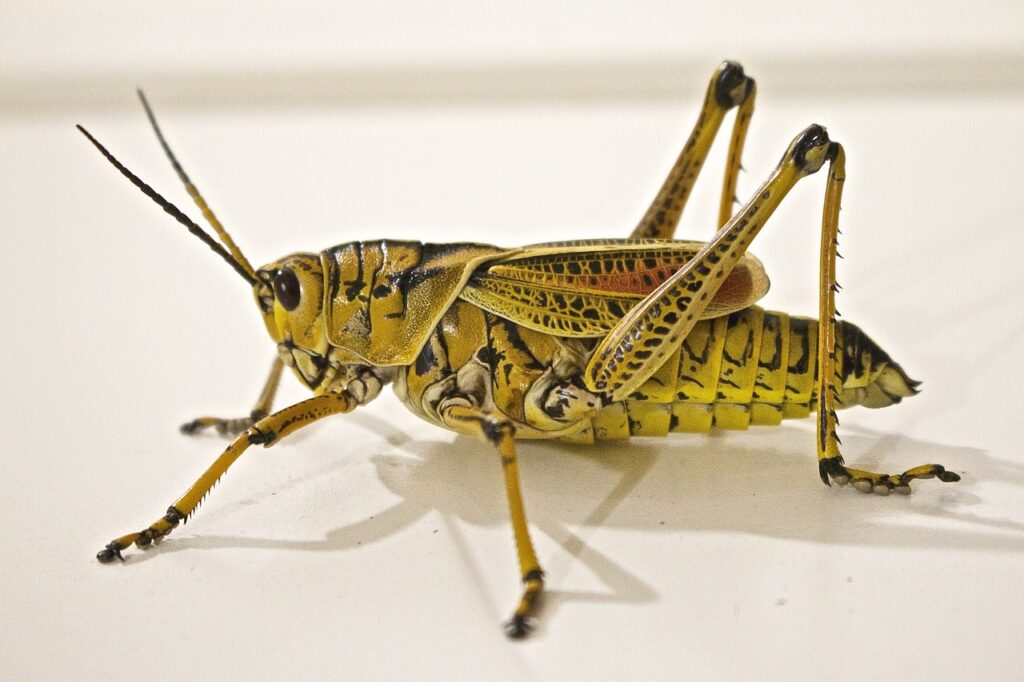
3. Effective Pest Control: Organic insecticides can be very effective against pests like aphids, mites, and worms that regularly damage vegetable crops. When used correctly, organic insecticides are capable of eliminating the pests while leaving beneficial insects unharmed.
4. Long Shelf-Life: Some organic insecticides can have a long shelf-life, making them a convenient option for gardeners who want to have a stable supply of pest control options.
Cons of Organic Insecticides
- Limited Spectrum of Control: Organic insecticides are usually less potent than chemical insecticides. They have a limited spectrum of control, meaning they may not be effective against all types of pests. In some cases, they may need to be applied more frequently to achieve the same level of pest control as chemical treatments.
2. Slow Action: Organic insecticides may act relatively slowly compared to chemical insecticides. They may take longer to show results in controlling pests and may not be as effective in quickly eliminating a severe infestation.
3. Cost: Organic insecticides can be more expensive than chemical insecticides, due to the higher cost of production. Since they are less toxic and come from natural sources, they can be more costly to manufacture.
4. Shorter Shelf-Life: Organic insecticides have a shorter shelf-life than chemical insecticides, meaning they need to be used relatively quickly once purchased. This can limit the convenience of having a constant supply on hand.
Gardeners must consider all options available and their unique garden needs when making insecticide choices. Depending on the pest, the plant type, and the size of the infestation, gardeners may find that a mix of organic and chemical insecticides provides the best results. Handpicking insects, crop rotation, and intercropping can also complement organic and chemical insecticide use.
The bottom line is that whatever pesticide option you choose, the use and application should follow the correct guidelines for its effective use and safe handling. This will not only be beneficial for those surrounding the garden but also in maintaining the economic functionality of the garden itself.
Homemade
Soap spray is a versatile homemade insecticide that can be used against a wide range of pests, including aphids, mealybugs, spider mites, and whiteflies.
Insecticidal Soap
Ingredients:
- 1 tablespoon of dish soap, (the liquid, not detergent)
- 1 quart water
Instructions:
- Mix 1 tablespoon of liquid dish soap into a quart of water.
- Transfer the mixture into a spray bottle.
- Shake the bottle well before use.
- Spray the mixture directly onto the plant’s infested areas, particularly the undersides where many pests hide.
- Repeat the process regularly.
Note: It is better to do a spot test on a small leaf before using the spray on the entire plant. Also, do not apply in direct sunlight as it may cause damage to the plant.
Neem Oil Spray
Derived from the seeds of the neem tree, neem oil is a natural insecticide that can be used to repel and kill a wide range of pests, including aphids, mealybugs, cabbage worms, and tomato hornworms.
Ingredients:
- 1 tablespoon neem oil
- one quart water
- 1 teaspoon dish soap (optional)
Instructions:
- Mix 1 tablespoon of neem oil with a quart of water.
- Add 1 teaspoon of dish soap to enhance the stickiness of the solution.
- Pour the mixture into a spray bottle.
- Shake the bottle well before use.
- Spray the mixture directly onto the plant’s infested areas.
- Repeat the process regularly.
Note: Neem oil may have a strong odor, so it’s better to test it out first, as some plants are sensitive to its odor.
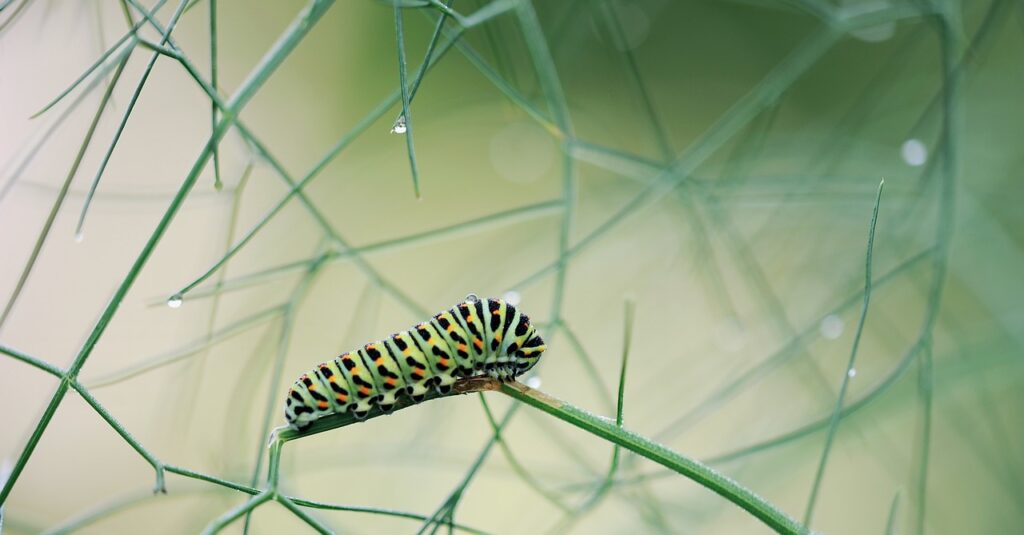
Garlic Spray
Garlic spray is an effective homemade insecticide that can be used against a wide range of garden pests, including aphids, spider mites, and whiteflies. The garlic contains sulfur compounds that repel and kill pests.
Ingredients:
- 10 garlic cloves
- one quart water
- 1 teaspoon dish soap (optional)
Instructions:
- Add 10 garlic cloves to a quart of water in a blender and blend until fully pureed.
- Strain the pureed garlic solution through a fine mesh sieve.
- Add 1 teaspoon of dish soap to enhance the stickiness (optional).
- Mix the solution and pour it into a spray bottle.
- Shake the bottle well before use.
- Spray the garlic solution directly onto the plant’s infested areas.
- Repeat the process regularly.
Note: Garlic is known to repel some beneficial insects, so it’s better to take care and avoid applying during heavy sunlight and when beneficial insects are active.
Chile Pepper Spray
Chile pepper spray is a homemade insecticide that can be used to repel pests, including deer, rabbits, and squirrels. The capsaicin in chile peppers is what irritates the pests, making them avoid the treated area.
Ingredients:
- 2 cups water
- 2 tablespoons hot pepper flakes or a fresh pepper
- 1 tablespoon vegetable oil
- 1 teaspoon dish soap
Instructions:
- Boil 2 cups of water.
- Remove from heat, add 2 tablespoons of hot pepper flakes or a fresh pepper, and let it steep for 24 hours.
- Strain the pepper flakes from the water using a fine mesh sieve.
- Add 1 tablespoon of vegetable oil and 1 teaspoon of dish soap to the solution.
- Mix the solution and pour it into a spray bottle.
- Shake the bottle well before use.
- Spray the solution directly onto the plant’s leaves, as well as around the garden perimeter.
- Repeat the process regularly.
Note: Do not spray this solution directly onto the plant’s blossoms, and store in a cool and dry place.
Mineral Oil Spray
Mineral oil spray is a homemade insecticide that can be used against pests like mites, scales, whiteflies, and aphids. This spray suffocates the pests, so it’s vital to contact the pests directly with the spray.
Ingredients:
- 1 cup of mineral oil
- one tablespoon liquid dish soap
- 1 quart of water
Instructions:
- Mix 1 cup of mineral oil and 1 tablespoon liquid dish soap in a bowl.
- Put the mixture into a spray bottle.
- Add a quart of water, then shake well.
- Spray the mixture directly onto the plant’s infested areas.
- Repeat the process regularly.
Note: Shake the bottle well before use and test the solution on a small portion of the plant before use.
Homemade insecticides are a cost-effective, customizable, and eco-friendly way to keep pests away from vegetable gardens. By using materials that are readily available in households, gardeners can customize formulas and target different pests to guide their decisions. It is important to ensure that the correct preparation and application guidelines are always followed to avoid damaging the plants and ensuring the most significant benefit possible. Used in moderation, these formulas are effective at reducing pest populations and safeguarding the health of the garden ecosystem.
Tips for Choosing the Best Insecticide for Your Vegetable Garden:
- Identify the pest: Before choosing an insecticide, you must determine the type of pest you are dealing with. This will help you choose the right insect spray that is most effective against that particular pest. Knowing your garden insects is vital and easy.
- Understand the insecticide: Knowing how an insecticide works and its mode of action is essential to insect control. This will help you choose the most appropriate insecticide for your garden and avoid using products that could potentially harm your plants.
- Consider the environmental impact: Using insecticides can have an environmental impact. Therefore, it’s important to choose insecticides that have a minimal effect on the environment and non-targeted insects. You can do this by choosing organic or biological insecticides.
- Follow the application instructions: Always follow the application instructions provided by the manufacturer. Over-application of insecticides can be dangerous for your plants, yourself, and the environment.
- Monitor the effects: After applying the insecticide, monitor the effects. This will help you determine whether the treatment was successful and whether the pests have been eliminated or not.
Some Suggestions For Veg and Home Gardens
(Always do your research on Chemical Insecticides and decide if they are something you would like to use or not)
Best Insecticide for Lawns
One of the best insecticides for lawns is bifenthrin. This powerful insecticide is highly effective against a wide range of insects, including ants, fleas, ticks, and grubs.
Bifenthrin works by targeting the nervous system of insects, causing paralysis and ultimately death. It is fast-acting and offers long-lasting protection, making it ideal for keeping pests at bay for an extended period of time. Additionally, bifenthrin is safe to use around children and pets when applied according to the manufacturer’s instructions.
Transitioning to the application process, it is important to note that bifenthrin should be applied evenly across the lawn using a sprayer or spreader. Make sure to follow the recommended dilution ratio for the best results. It is also advisable to apply bifenthrin during periods of low wind and when rain is not expected for at least 24 hours to ensure maximum effectiveness.
As with any insecticide, it is crucial to read and follow all label instructions carefully to ensure safe and proper use. Always wear protective clothing, such as gloves and a mask, when applying bifenthrin to avoid skin and respiratory irritation.

Best insecticides for vegetable gardens
One of the most popular and widely used insecticides for vegetable gardens is neem oil. Neem oil is derived from the seeds of the neem tree and has been used for centuries in traditional Indian medicine and agriculture. It is a natural insecticide that is effective against a wide range of pests, including aphids, beetles, caterpillars, and whiteflies. Neem oil works by disrupting the feeding and reproductive patterns of insects, ultimately leading to their demise. It is also safe for beneficial insects like bees and ladybugs, making it a great option for gardeners who want to protect their crops without harming the environment.
Another effective insecticide for vegetable gardens is pyrethrin. This is a natural insecticide and it is derived from the chrysanthemum flower. It affects the nervous system of insects, causing paralysis and death. Pyrethrin is highly effective against a wide range of pests, including aphids, thrips, and beetles. It is also safe for use on vegetables and does not leave behind harmful residues that can affect human health.
For gardeners who prefer a more traditional insecticide, spinosad is a great option. It is also a natural insecticide that is derived from a soil-dwelling bacterium. It is highly effective against pests like caterpillars, leaf miners, and thrips. This also works by targeting the nervous system of insects, causing paralysis and death. It is also safe for use on vegetables and does not harm beneficial insects like bees and ladybugs.

Best general garden insecticides
Many of these are broad spectrum and duplication of the above. They will work in a home vegetable garden as well as general, garden solutions.
Neem Oil
Neem oil is great for garden insect pests. It is effective against a wide range of insects, including aphids, whiteflies, and mites. Neem oil works by disrupting the feeding and reproductive patterns of insects, ultimately leading to their demise. It is safe to use on most plants and has minimal impact on beneficial insects. Additionally, neem oil can also act as a fungicide, making it an excellent all-round option for gardeners.
Pyrethrin
Pyrethrin is highly effective against a variety of pests, including ants, beetles, and caterpillars. It works by attacking the nervous system of insects, leading to paralysis and death. While pyrethrin is non-toxic to humans and animals, it is essential to avoid contact with beneficial insects such as bees and butterflies.
Spinosad
Spinosad is a naturally occurring insecticide derived from the fermentation of a soil bacterium. It is effective against a wide range of garden pests, including caterpillars, thrips, and spider mites. Spinosad works by causing paralysis and ultimately death in insects. It is safe for use on most plants in a home garden and has low toxicity to humans and beneficial insects when used as directed.
Bt (Bacillus thuringiensis)
Bt is a naturally occurring bacteria that is toxic to certain insects. It is commonly used to control caterpillars, such as the harmful tomato hornworm. Bt works by producing proteins that are ingested by the caterpillars, leading to their death. Bt is an excellent option for organic gardeners as it is safe for humans, animals, and beneficial insects.
Systemic Insecticides
Systemic insecticides are chemicals that are taken up by the plant’s vascular system, making them toxic to insects when they feed on treated plants. One commonly used systemic insecticide is imidacloprid. However, it is essential to exercise caution when using systemic insecticides as they can persist in the environment and potentially harm beneficial insects. It is best to reserve the use of systemic insecticides for severe infestations when other methods have proven ineffective.
When using insecticides in your garden, it is crucial to follow the instructions provided by the manufacturer. Always wear appropriate protective clothing, such as gloves and a mask, when handling and applying insecticides. Additionally, it is important to identify the specific pest you are dealing with to ensure you choose the most effective insecticide.
While insecticides are an essential tool for pest control in the garden, it is also crucial to employ other management practices. Integrated Pest Management (IPM) strategies, such as regular monitoring, proper plant spacing, and companion planting, can help reduce the need for chemical intervention.
Protect Yourself
Whenever you are handling pesticides or insecticides, it is always wise to ensure that you are well protected with the right protective gear. While homemade insecticides are often less harmful than some commercial insecticides, they still require a certain level of safety measures to be taken. Here are some common types of protective gear needed for applying insecticides.
1. Resistant Clothing
Cover up your skin using resistant clothing, such as long sleeve shirts, pants, and gloves. This will help protect your skin from coming into direct contact with the insecticides. It is also essential to have socks and closed-toe shoes to protect your feet.
2. Respirator Mask
It is essential to wear a respirator mask to prevent inhalation of any fumes or fine mist created when spraying the insecticide.
When choosing a respirator mask, ensure that you select an appropriate one that is designed to filter out the specific airborne particles you may be exposed to, such as the type of insecticide or pesticide you will be working with.

3. Goggles
When handling insecticides, it is crucial to wear goggles to prevent any spray or fumes from coming into contact with your eyes. Goggles should be the right fit and must not allow any fumes to seep through the gap between the goggles and the face. This will ensure maximum protection for your eyes.
4. Head Protection
Depending on the insecticide or pesticide being used, wearing some form of head protection is essential, such as a hat or hood. This protection can help shield your hair and scalp from any accidental runoff or spray.
5. Gloves
It is also important to wear protective gloves that are chemical-resistant when handling insecticides. Gloves should be able to handle any oily or wet material without losing their effectiveness.
6. Footwear
Proper footwear, such as rubber boots, can help protect your feet from exposure to insecticides. These are especially important if you are working in fields or areas with high standing water.
7. Overall Body Covering
To provide additional protection, an overall body covering can be worn to protect the skin from exposure to insecticides. The overall should fit correctly and should not gap at the neck or wrists.
8. Mixing And Storage Safety
Ensure to follow the manufacturer’s guidelines when storing the insecticide to prevent any unwanted risks. Store in a cool and dry place, and always keep out of reach of children.
Additionally, when mixing insecticides, use a mixing bowl or container made with resistant material such as plastic to prevent any chemical reactions. Also, avoid the use of old/ unclean containers as remnants of other mixed formulas may still be in the container. This may cause damages to plants as well as to oneself by an undesired chemical reaction.
In summary, choosing the best insecticide for your vegetable garden can make a significant difference in the health and productivity of your garden. It’s important to choose a product that is effective against the pests you are dealing with and has minimal environmental impact.
Remember to always read the instructions carefully and monitor the effects of the insecticide to ensure proper application and safety. With these tips, you can keep your vegetable garden healthy and thriving year-round.
As an Amazon and ebay Affiliate we may earn a commission off any purchases made through our links. This won’t affect the price you pay.
